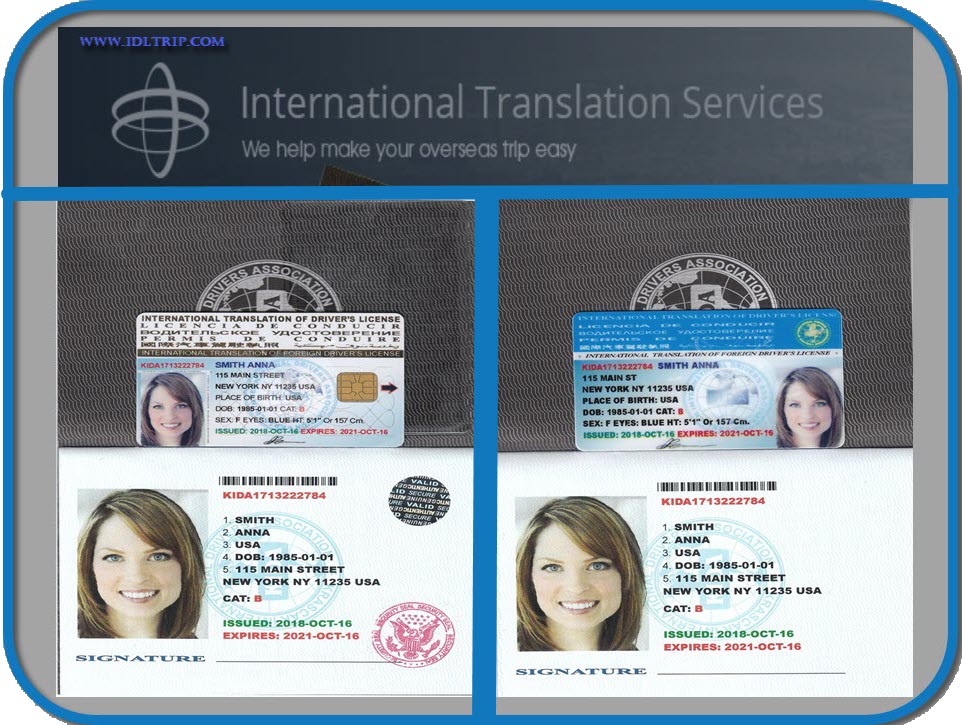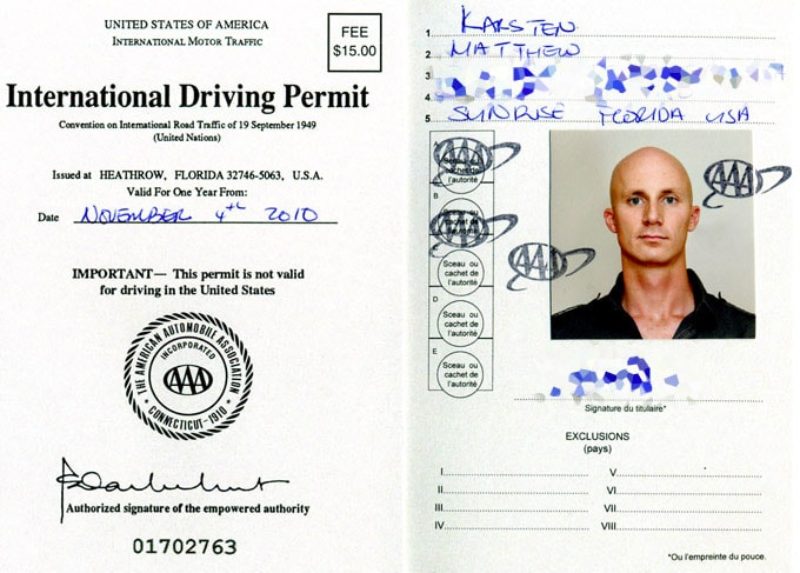
 How do I clear my driver's license suspension with the Financial Responsibility Section on Oahu?. How do I find out about my driver's license suspension?. How do I get more information about the Graduated Licensing Program or Provisional license?. How do I get more information about driver's license and the closest location?. How do I renew my Hawaii driver's license?. How early can I renew my Hawaii driver's license?. What happens if I let my Hawaii driver's license expire?.
How do I clear my driver's license suspension with the Financial Responsibility Section on Oahu?. How do I find out about my driver's license suspension?. How do I get more information about the Graduated Licensing Program or Provisional license?. How do I get more information about driver's license and the closest location?. How do I renew my Hawaii driver's license?. How early can I renew my Hawaii driver's license?. What happens if I let my Hawaii driver's license expire?.  How do I convert my provisional license to a full license?. How do I apply for a duplicate license?. How can I obtain a verification of my driver's license?. How do I convert my provisional license if I am currently out of state?. How do I get a duplicate license if I am currently out of state?. How do I renew my license if I am currently out of state?.
How do I convert my provisional license to a full license?. How do I apply for a duplicate license?. How can I obtain a verification of my driver's license?. How do I convert my provisional license if I am currently out of state?. How do I get a duplicate license if I am currently out of state?. How do I renew my license if I am currently out of state?.  How can I get a "star in a gold circle" added to my currently valid driver's license?. NOTE: F-1 students with an expired Employment Authorization Document (EAD) for OPT, who are pending approval of either a STEM OPT Extension or H-1B Cap-Gap Relief, will be unable to renew their license until the new status is approved. To get a Texas driver’s license you will take written and driving exams and show proof of insurance. license as valid, you may drive up to one year on the out-of-country license. If you have a valid license from your home country and your country recognizes an equivalent U.S. If you were previously issued a license with a duration of longer than one year, this license is still valid until the expiration date issued on the card. In the past, F-1 students may have been issued a license with a longer expiration date. The license would then need to be renewed on a yearly basis. The Texas Department of Public Safety’s webpage indicates that F-1 students granted immigration status for “duration of status” will be given a driver’s license with an expiration within one year. In Texas, driver’s licenses are managed by the Texas Department of Public Safety. If you own a vehicle, there are additional requirements.
How can I get a "star in a gold circle" added to my currently valid driver's license?. NOTE: F-1 students with an expired Employment Authorization Document (EAD) for OPT, who are pending approval of either a STEM OPT Extension or H-1B Cap-Gap Relief, will be unable to renew their license until the new status is approved. To get a Texas driver’s license you will take written and driving exams and show proof of insurance. license as valid, you may drive up to one year on the out-of-country license. If you have a valid license from your home country and your country recognizes an equivalent U.S. If you were previously issued a license with a duration of longer than one year, this license is still valid until the expiration date issued on the card. In the past, F-1 students may have been issued a license with a longer expiration date. The license would then need to be renewed on a yearly basis. The Texas Department of Public Safety’s webpage indicates that F-1 students granted immigration status for “duration of status” will be given a driver’s license with an expiration within one year. In Texas, driver’s licenses are managed by the Texas Department of Public Safety. If you own a vehicle, there are additional requirements. 
Your insurance must meet the requirements for the state in which you reside.












